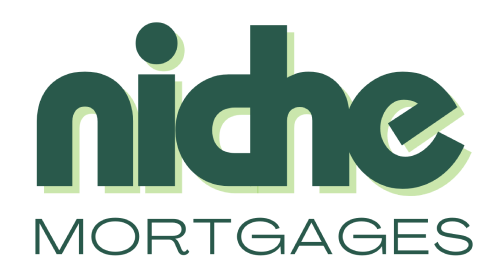When you’re budgeting for a home in Canada, the mortgage payment is just one piece of the puzzle. Property taxes, those annual payments made to your municipality, are another major factor that can significantly impact your long-term costs. What many homebuyers don’t realize is that property tax rates vary not only between cities but also from province to province. Understanding how these taxes work can help you make smarter choices when choosing where to live and how much home you can afford.
What Are Property Taxes and Why Do We Pay Them?
Property taxes are levied by local governments to help fund community services like schools, emergency response, waste collection, libraries, and road maintenance. They’re calculated based on two things:
- The assessed value of your home (determined by your province’s assessment authority).
- The tax rate is set by your municipality.
These rates are usually expressed as a percentage per $1,000 of your home’s assessed value. The higher your property’s assessed value or the higher your local rate, the more you’ll pay.
How Property Tax Rates Vary Across Canada
British Columbia
Property tax rates in B.C. are among the lowest in the country, especially in major urban centres like Vancouver. However, this is offset by some of the highest home prices in Canada. Municipalities may also add local levies for schools and transit. The B.C. Home Owner Grant reduces taxes for eligible homeowners on their principal residence.
Alberta
Alberta tends to have moderate property tax rates. Since there’s no provincial sales tax, municipalities rely more heavily on property taxes to fund services. Calgary and Edmonton often have slightly lower rates than smaller towns. Property tax assessments are updated annually and reflect market value as of July 1 of the previous year.
Saskatchewan
Saskatchewan property taxes can be higher in rural areas, but homes are generally more affordable. Cities like Regina and Saskatoon offer predictable rate structures. The province allows municipalities to offer property tax discounts for early payments.
Manitoba
Winnipeg and other Manitoba cities tend to have higher tax rates compared to Alberta and B.C., but the overall cost of homeownership remains relatively affordable due to lower housing prices. Education taxes make up a significant portion of your property tax bill in Manitoba.
Ontario
Ontario’s property taxes vary widely by region. Smaller municipalities often have higher rates than cities like Toronto due to differences in population density and local services. While Toronto’s tax rate is low, the high home prices mean owners still pay a substantial amount. First-time buyers may be eligible for a land transfer tax rebate.
Quebec
Property taxes in Quebec are among the lowest in the country, particularly in urban centres. However, this is balanced by higher income and sales taxes. Homeowners in Montreal pay both a general property tax and additional borough-level taxes.
Atlantic Provinces (New Brunswick, Nova Scotia, PEI, Newfoundland and Labrador)
These provinces tend to have higher property tax rates, especially in rural areas where municipal budgets are smaller. However, housing prices are some of the lowest in Canada. In New Brunswick, out-of-province homeowners often pay higher non-owner-occupied rates.
Why This Matters When Choosing a Home
When calculating what you can afford, many buyers focus solely on mortgage payments. But two identical homes in different cities or even different neighborhoods can come with very different annual property tax bills. For example, a $500,000 home in Toronto will incur significantly lower taxes than a $500,000 home in Windsor, due to differences in the municipal tax rate.
Over 10, 20, or 25 years, these differences can amount to thousands of dollars. If you’re choosing between cities, property taxes should absolutely factor into your decision.
Can Property Taxes Change?
Yes. Municipalities review their tax rates annually based on their budgets. In addition, your home’s assessed value may increase, especially if you’ve recently renovated or if market values in your area have gone up. This means your property tax bill can rise even if the rate stays the same.
Property taxes are calculated based on your home’s assessed value and your municipality’s tax rate. Rates vary widely across provinces. B.C. and Quebec tend to be lower, while Atlantic provinces and rural areas may be higher. When budgeting for a home, don’t overlook property taxes; they can have a big impact on your long-term costs.
Need Help Factoring Property Taxes Into Your Mortgage Budget?
Whether you’re buying your first home or relocating to a new province, Contact Niche Mortgages for expert guidance. We’ll help you understand how local taxes, insurance, and mortgage rates all fit together, so you can buy with confidence.
About the Author

Jonathan Yien
Jonathan Yien is a seasoned mortgage broker at DLC Clear Trust Mortgages with a rich background in financial advising from his time at TD Canada Trust. He is dedicated to helping clients achieve their financial and homeownership goals.

